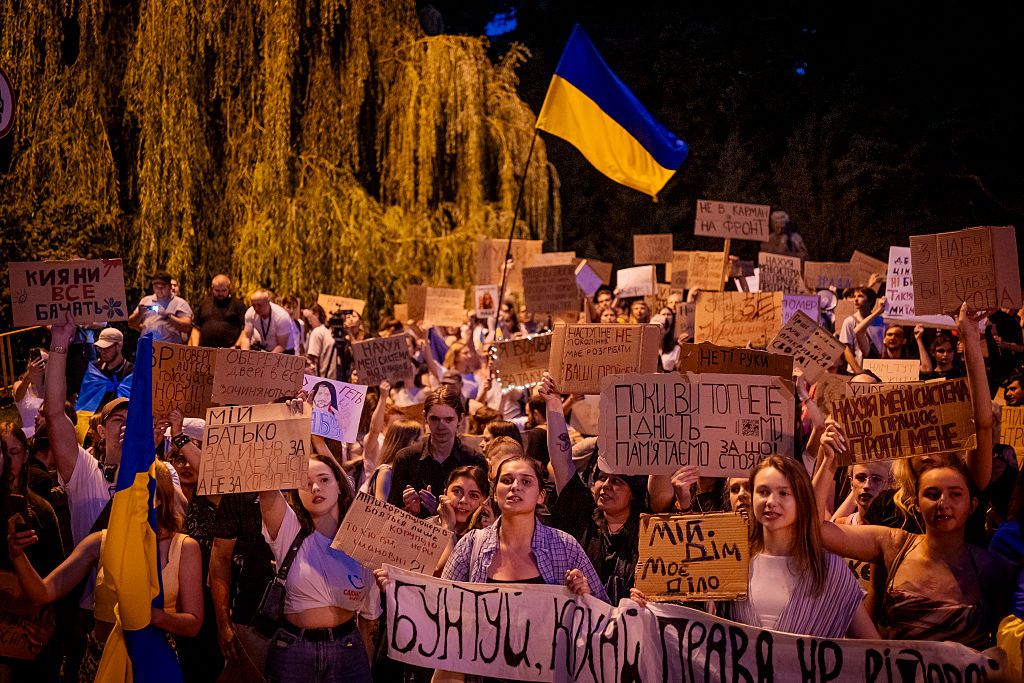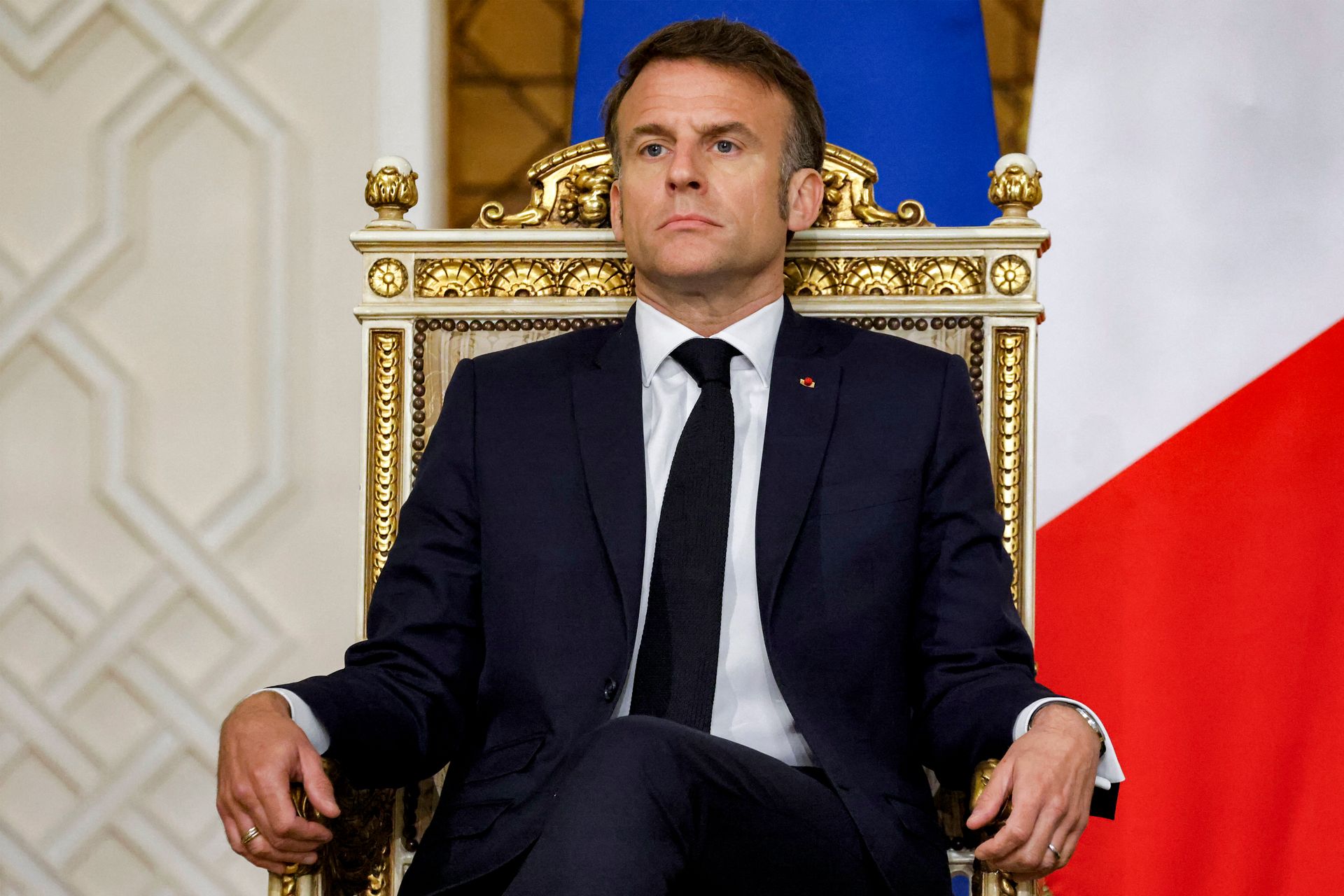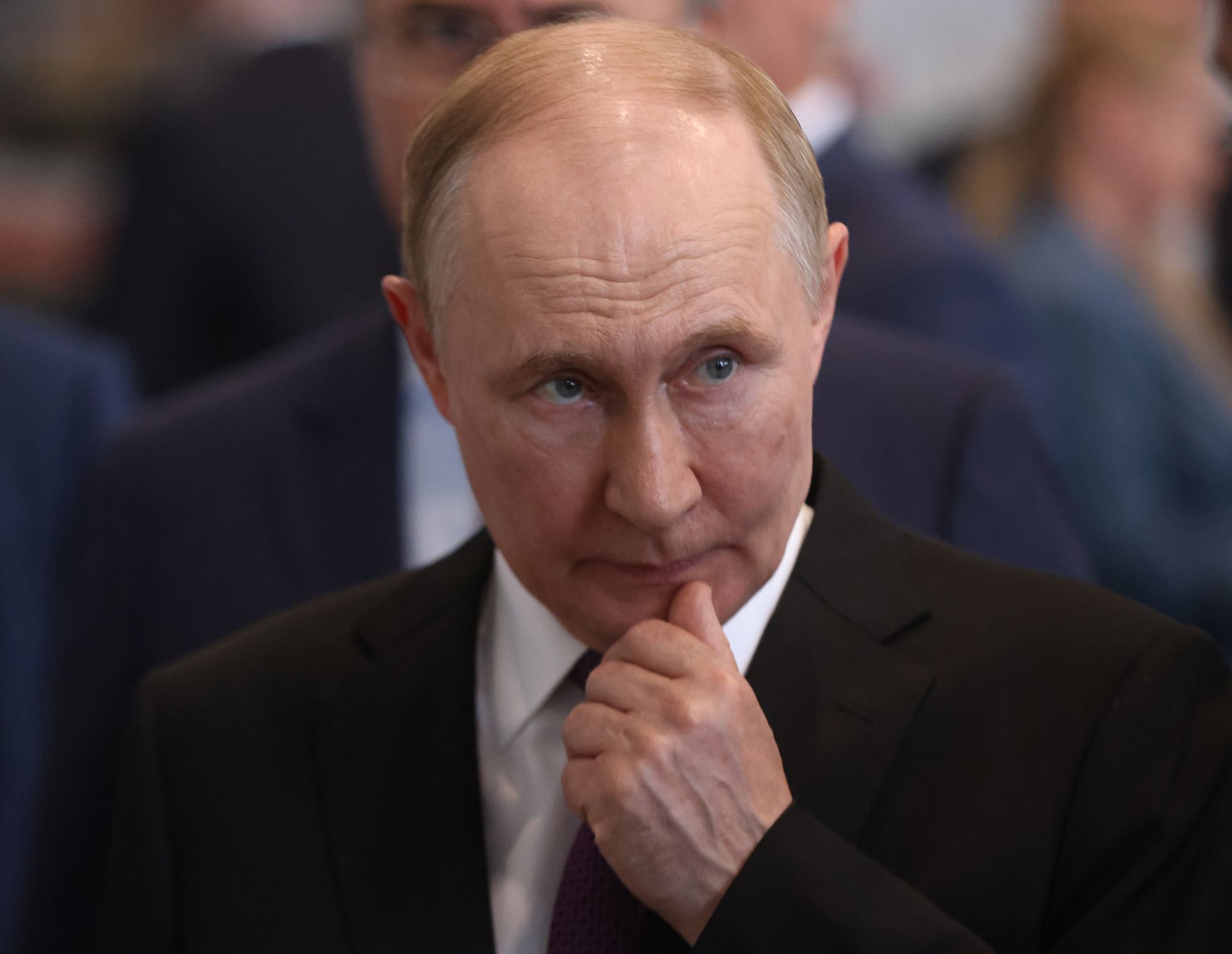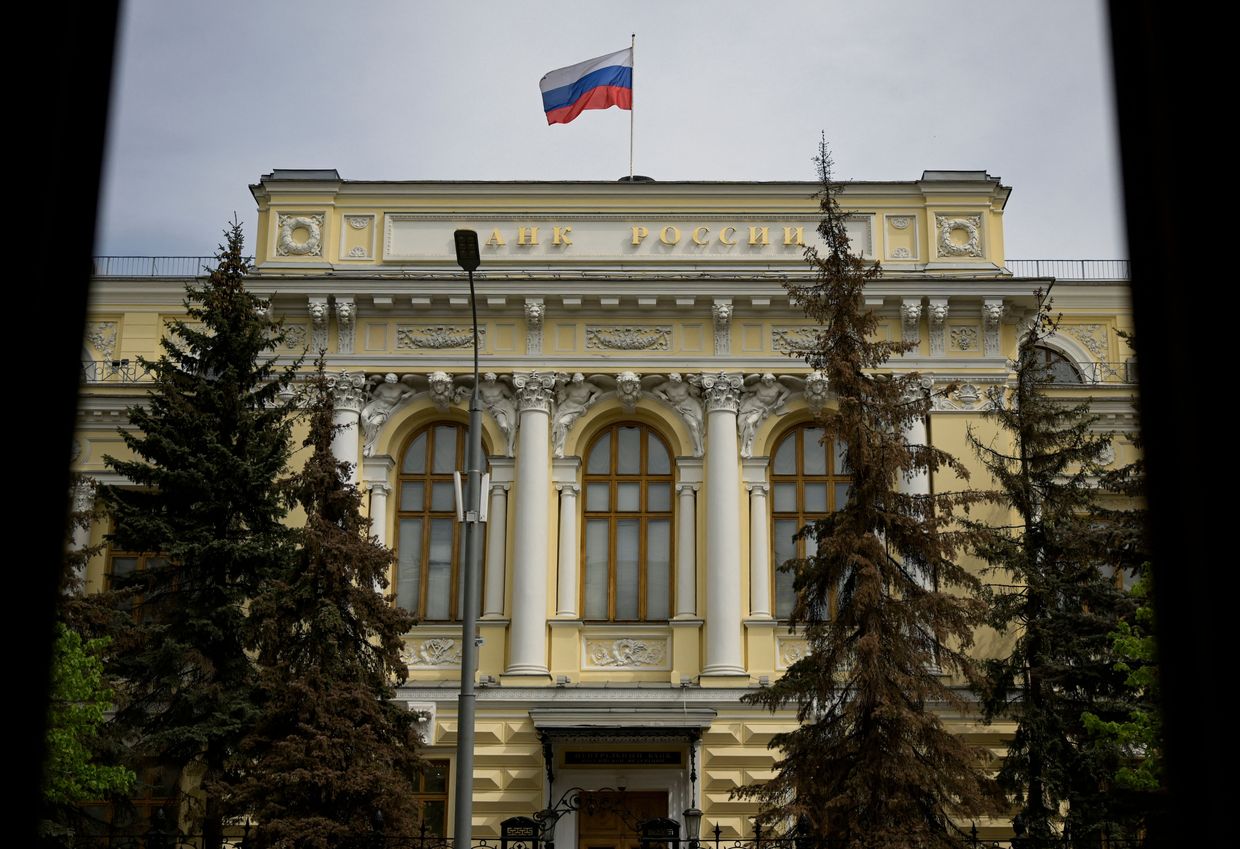Ukraine war latest: Russian missile hits Ukrainian military training ground, killing 3 soldiers, injuring 18

Key developments on July 30:
- Russian missile hits Ukrainian military training ground, killing 3 soldiers, injuring 18
- Over 10,000 Russian chemical attacks documented since start of full-scale war, Ukraine's SBU says
- Zelensky signs law on sanctions against Russia's 'shadow fleet'
- Ukraine expects EU defense loans to help fund its defense industry, Sybiha says
- Ukraine to move military trainings underground, Syrskyi says
Russia launched a missile attack on a military training facility of Ukraine's Ground Forces on July 29, killing at least three soldiers and injuring another 18.
The attack left three people dead and 18 wounded as of 9:30 p.m., Ukraine's Ground Forces reported via Telegram. Emergency services are currently at work on the scene.
"Despite the security measures taken, unfortunately, it was not possible to completely avoid casualties among the personnel," the Ground Forces said.
An official investigation into the causes of the personnel losses has been launched, the military said. A commission led by the head of the Military Law Enforcement Service has also been set up to investigate the attack.
"If it's found that the actions or inaction of officials led to the deaths and injuries of military personnel, those responsible will be held accountable," the Ground Forces said.
Military leadership is also implementing "additional security measures" to safeguard the lives of soldiers during Russian strikes on training grounds and training centers, the Ground Forces said.
The attack follows a series of Russian strikes on Ukrainian military training facilities in May and June.
Over 10,000 Russian chemical attacks documented since start of full-scale war, Ukraine's SBU says
Russia has carried out over 10,000 chemical weapons attacks against Ukrainian forces since the start of its full-scale invasion, Ukraine's Security Service (SBU) reported on July 30.
The agency said Russian troops have repeatedly used prohibited chemical agents, including K-51, RGR, and RG-VO aerosol grenades loaded with CS (chlorobenzylidene malonitrile) and CN (chloroacetophenone), both banned irritants.
The use of such agents is prohibited under the 1993 Chemical Weapons Convention, which Russia ratified.
The SBU said the most common method of deployment involves first-person view (FPV) drones dropping chemical munitions directly onto Ukrainian defensive positions.
Upon detonation, these agents cause severe irritation to the eyes and respiratory system, often forcing Ukrainian troops to leave protected positions under active fire.
In a July 4 report, the Netherlands Military Intelligence and Security Service (MIVD) confirmed that Russia had escalated from deploying riot control agents to using chloropicrin — a chemical capable of killing in confined spaces.
Zelensky signs law on sanctions against Russia's 'shadow fleet'
President Volodymyr Zelensky signed a law on July 30 enabling sanctions against vessels and aircraft involved in covert Russian schemes to transport oil, weapons, and military personnel.
The bill, passed by the parliament on July 16, is primarily seen as targeting Russia's "shadow fleet" of aging and poorly insured tankers, which Moscow uses to evade sanctions and conduct espionage, among other objectives.
The law also amends sanctions legislation to enable restrictions against vessels and aircraft deemed to pose risks to Ukraine's national security, territorial integrity, and sovereignty.
The Security Service of Ukraine (SBU) and intelligence agencies are empowered to identify and track such vessels.
Russia's shadow fleet has been increasingly targeted by Western sanctions as Kyiv's international partners seek to curb Russian oil revenues, which help fund its war machine.
Ukraine expects EU defense loans to help fund its defense industry, Sybiha says
Foreign Minister Andrii Sybiha on July 30 welcomed the European Union's move to boost defense spending though shared borrowing, saying it could be an opportunity to invest directly in Ukraine's defense industry.
Sybiha's comments came after 18 EU countries signaled interest in accessing at least 127 billion euros ($146 billion) in loans under the Security Action for Europe (SAFE) funding program — a European initiative designed to strengthen the bloc's defense sector through shared borrowing.
"This is a welcome mobilization of European defense funding," Sybiha said on X. "Europe is on track to significantly strengthen its defense industry, and Ukraine is an essential element of this effort. This is the movement in the right direction — toward increasing the continent's self-sufficiency and stability."
He added that Ukraine expects EU countries to use some of the new funds to support its defense production, calling it a "cost-effective investment in Europe's long-term peace and security."
The SAFE program, launched by the European Commission and adopted by the Council of the European Union in May, allows EU countries to access competitively priced long-term loans backed by joint EU borrowing. The loans aim to ramp up common defense procurement and reduce dependence on external suppliers.
Ukraine to move military trainings underground, Syrskyi says
Amid Russia's deadly attacks on Ukrainian training grounds, Ukraine's Commander-in-Chief Oleksandr Syrskyi said military training should be moved underground as much as possible to better protect soldiers.
"The entire territory of Ukraine is within range of enemy missiles and drones," Syrskyi said after a monthly meeting on troop preparedness. "The training process must be moved underground as much as possible."
A Russian missile hit a Ground Forces training facility on July 29, prompting Ukraine's military to launch an official investigation. The attack left three people dead and 18 wounded.
A special commission was formed to determine whether lapses by military officials contributed to the casualties.
Earlier, on March 1, a strike by a Russian Iskander-M missile hit a formation exercise in Dnipropetrovsk Oblast, killing and injuring an undisclosed number of Ukrainian troops.
Russian reconnaissance drones had allegedly identified the assembled soldiers before the attack. The incident prompted Syrskyi to suspend two commanders and launch an internal review, while Ukraine's State Bureau of Investigation opened a criminal case into the deaths.
Syrskyi emphasized that improving troop training and safety remains a top priority for the Armed Forces. Under a revised training program, Ukraine has extended its basic combat course to 51 days and added new modules on drone warfare, trench survival, and engineering. Earlier, the duration of training was 49 days.
Note from the author:
Ukraine War Latest is put together by the Kyiv Independent news desk team, who keep you informed 24 hours a day, seven days a week. If you value our work and want to ensure we have the resources to continue, join the Kyiv Independent community.
















